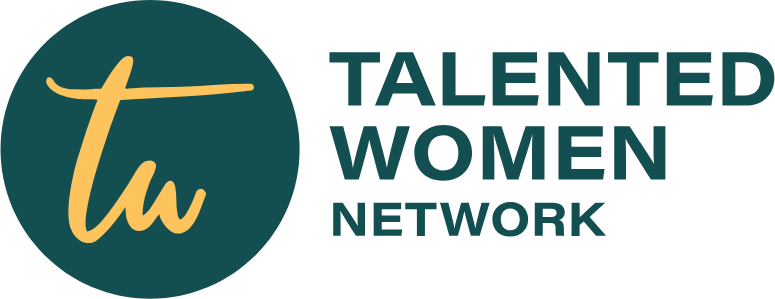Although the world is rapidly evolving, the career choices of young girls remain deeply intertwined with cultural norms—those unwritten rules and values that shape societal expectations.
While progress has been made in breaking down gender barriers, the subtle yet powerful forces of tradition continue to influence the professional paths young girls envision for themselves.
Understanding this dynamic is crucial for businesses, educators, and policymakers aiming to foster inclusive talent pipelines and harness the full potential of the next generation.
Cultural norms serve as the blueprint for what is deemed “appropriate” or “desirable” for individuals based on gender.
In many societies, girls are often encouraged to pursue careers perceived as nurturing or artistic—teaching, nursing, caretaking, or the humanities—areas traditionally aligned with femininity.
Conversely, roles in STEM (science, technology, engineering, and mathematics) or leadership tend to be culturally coded as masculine, implicitly or explicitly dissuading girls from pursuing them.
This divide isn’t just anecdotal; extensive research confirms that cultural messaging starts early.
Girls receive consistent signals from family, media, and educational systems about what professions embody “success” for their gender. These messages subtly shape their self-perception, ambition, and ultimately, their career aspirations.
The ripple effects of cultural norms reach far beyond individual choices. Industries that remain gender-segregated—whether by tradition or bias—limit diversity and stifle innovation.
For companies, this means missing out on talent pools full of untapped potential. On a macroeconomic level, countries that do not challenge restrictive cultural norms around gender miss critical opportunities for economic growth driven by diverse workforce participation.
Moreover, young women’s career choices influenced by cultural expectations can lead to wage disparities and unequal representation in leadership roles. This under-representation of women in high-paying and high-status professions perpetuates systemic inequality, reinforcing cycles of economic disadvantage.
Thankfully, we are witnessing gradual yet impactful shifts. Initiatives aimed at reshaping cultural narratives around gender and careers are gaining momentum worldwide.
Role models—female scientists, CEOs, entrepreneurs, and policymakers—are increasingly visible, inspiring young girls through media representation and mentorship programs.
Countries investing in gender-equitable education also report higher participation of girls in STEM fields.
For instance, nations that incorporate gender-neutral career counseling and challenge stereotypical curriculum choices play a crucial role in broadening the vision young girls hold for their futures.
Corporations are uniquely positioned to drive change by fostering inclusive cultures internally and influencing societal norms externally.
Recruitment strategies that actively seek and support young female talent in non-traditional fields, partnerships with educational institutions, and community outreach programs all contribute to expanding girls’ career horizons.
Equally important is addressing unconscious bias in hiring and promotion practices to ensure that cultural stereotypes do not limit advancement opportunities for women once they enter the workforce.
Cultural norms have long influenced the career trajectories of young girls, often limiting their potential based on deeply rooted perceptions of gender roles.
Tackling these norms requires a multifaceted approach—one that involves education, corporate responsibility, and societal awareness.
By challenging outdated assumptions and promoting diverse role models and inclusive opportunities, we can empower the next generation of women to pursue careers that not only reflect their passions and talents but also drive innovation and economic growth on a global scale.

